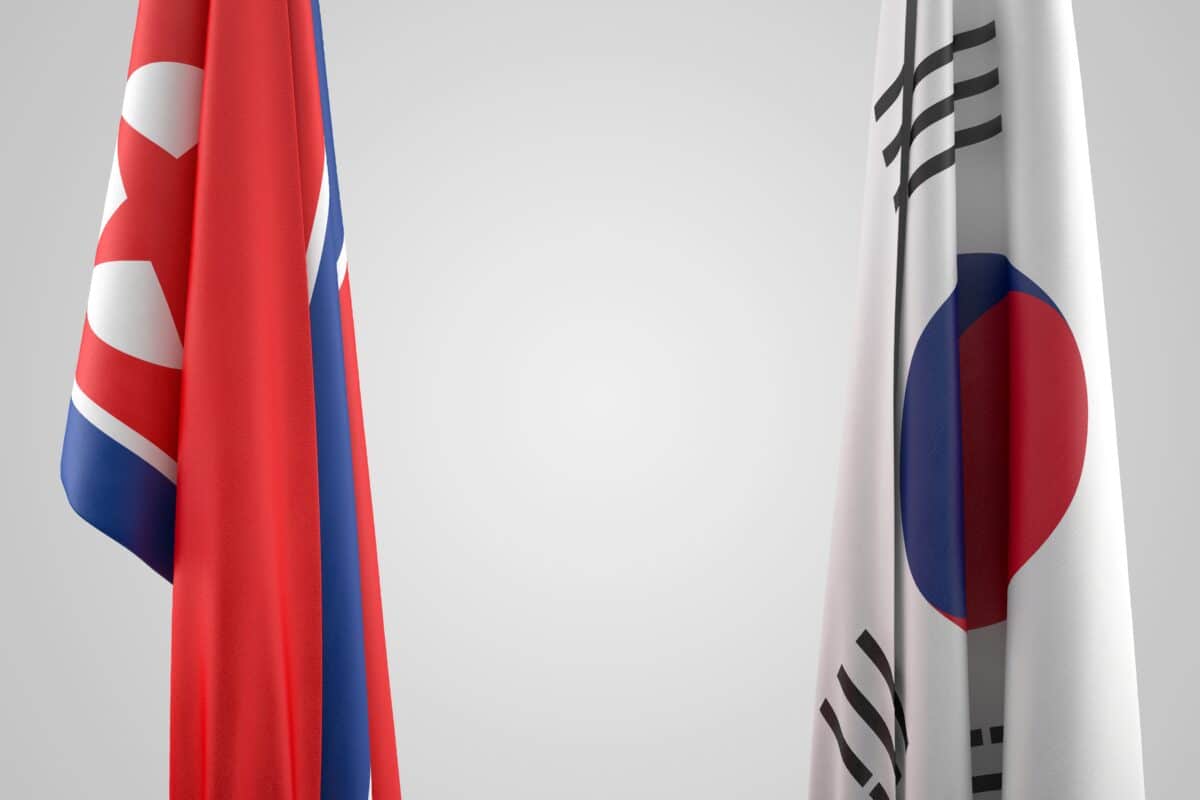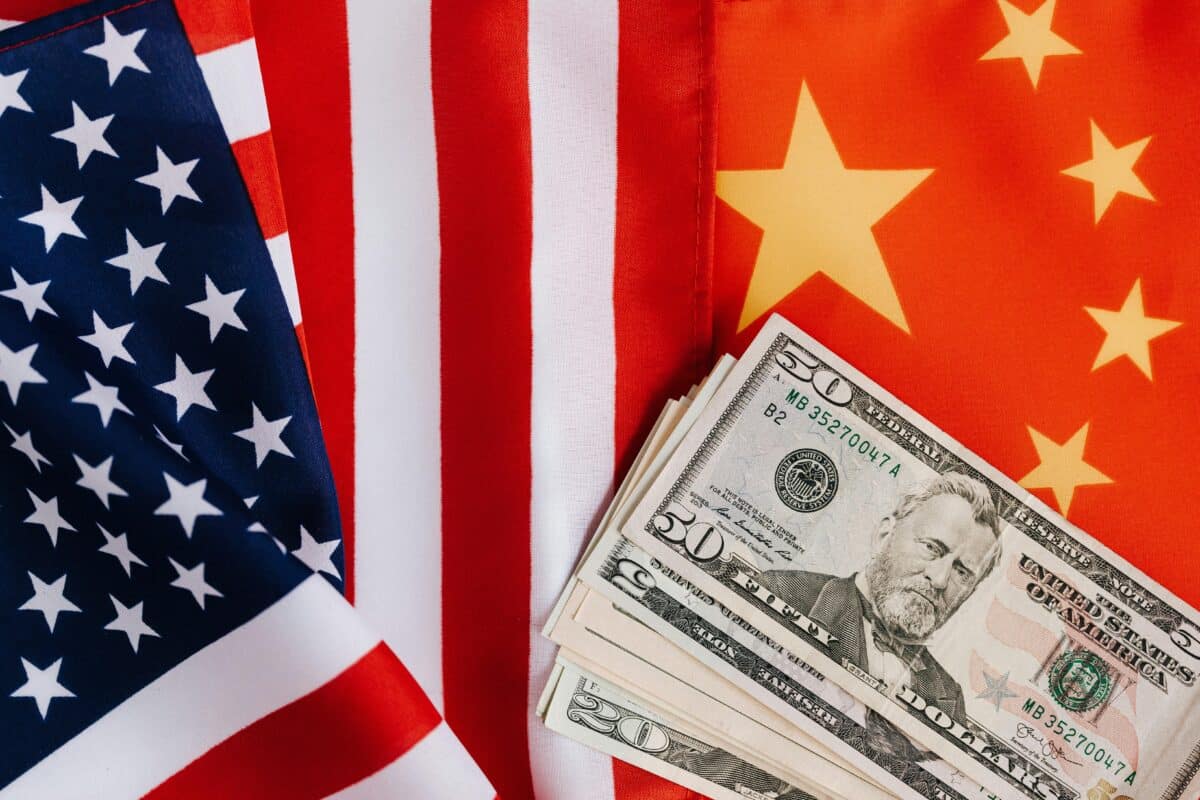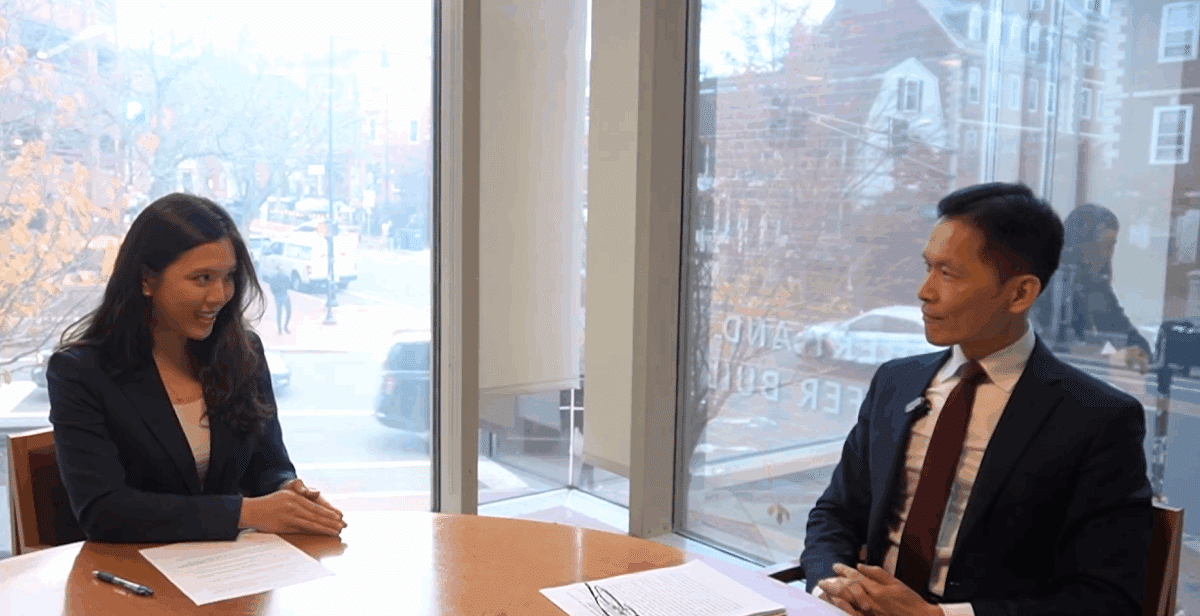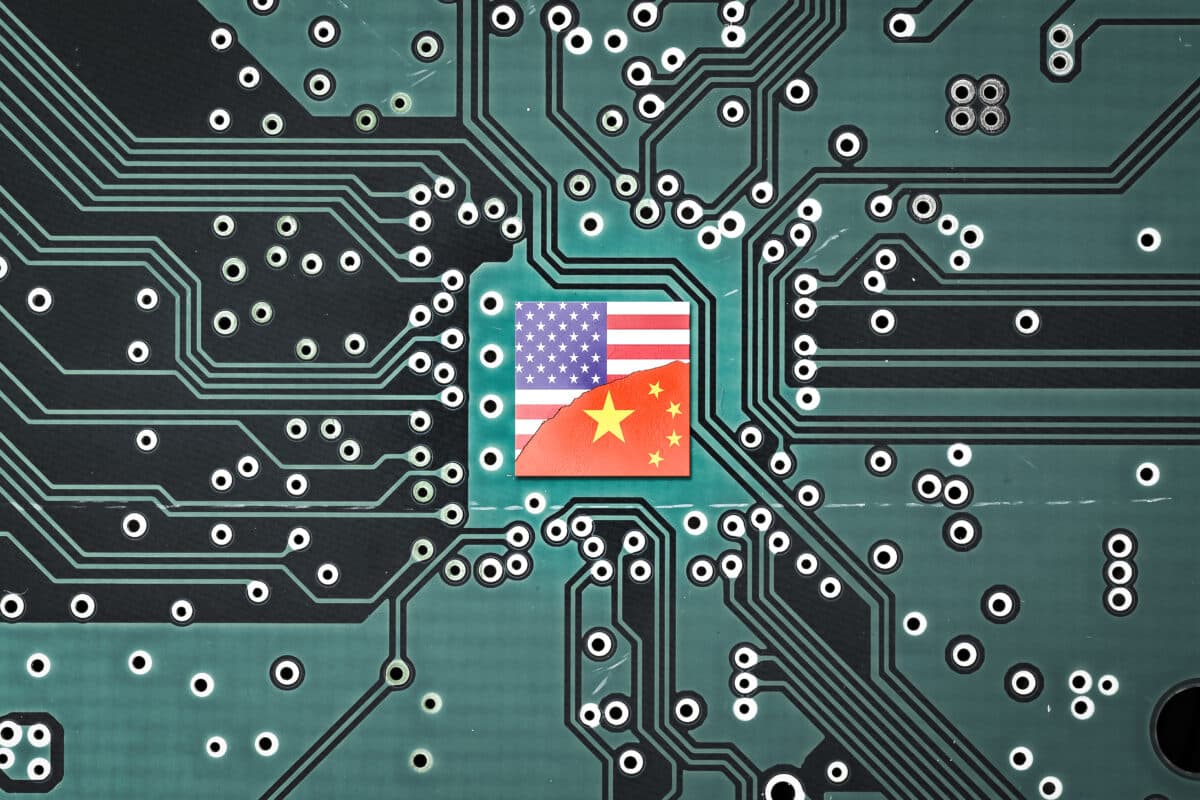The views expressed in The HKS Student Policy Review are those of the author(s) and/or interviewees only, and do not represent the views of the Shorenstein Center, Harvard Kennedy School, Harvard University, the editors of The HKS Student Policy Review, or any of its affiliates. An editorial board consisting of Harvard students independently edits and publishes all content.
-

Science, Technology and Data
Wrangling with Explosive AI Growth
02.1.26
Read MorePolicymakers are accustomed to thinking in finite measurable terms like laws, budgets, and program implementation. Artificial intelligence, however, no longer advances in a straight line or within the familiar boundaries of public administration.
-

Democracy and Institutions
Modernizing Greece: Turning Digital Reform into Democratic Renewal
02.1.26
Read MoreThe far-reaching corruption scandal engulfing Greece’s agricultural subsidy system (OPEKEPE) has once again exposed deep institutional failures, but it also opens a crucial question: what can recent digital reforms tell us about the possibility of democratic renewal?
-

Social and Urban Policy
Older workers are left behind by today’s job market. They need a safety net.
01.14.26
Read MoreIf nothing is done to address layoffs amongst older workers, the US could be facing a future of increased poverty among adults as they are about to enter retirement age.
Explore all Articles
Filter by–Topic
Filter by–Region
Filter by–Country
Search by–Keyword

The Dangerous Data Gap: Why Excluding Pregnant People from Clinical Drug Trials Puts Millions of Americans at Risk
12.8.25
With over 60 million people of childbearing potential in the United States and nearly four million births annually, the continued exclusion of pregnant individuals from clinical drug trials is a critical public health issue.

Why “Two-State” is Not a Solution for the Korean Peninsula
12.5.25
Both Koreas have shared the goal of reunification despite decades of ups and downs in inter-Korean relations. This long-held goal is now in grave peril.

The Next Phase of the U.S.-China Cold War Is About Power, Not Ideology
12.4.25
The U.S. once believed it could liberalize China — the opposite may have happened.

Why a Resilient Taiwan Benefits Everyone: An Interview with Taiwanese Diplomat Charles Liao
12.3.25
Read and listen to an interview between HKS SPR and Taiwanese Diplomat Charles Liao, Director-General of the Taipei Economic and Cultural Office (TECO) of Boston.

International Security Institutions and Climate-Induced Conflicts: Adapting Strategies in an Era of Climate Geopolitics
11.30.25
Security institutions can no longer afford to relegate climate-induced migration to the periphery of strategic considerations.

An Unrecorded Crisis in California’s Courts Must Be Fixed
11.10.25
A severe shortage of certified court reporters prevents court users from accessing a record of their proceedings.

Why Killing OPT Hurts American Workers More Than It Helps
05.27.25
“OPT is not about ‘foreigners’ taking American jobs. It is about ensuring that future generations of Americans inherit a nation that continues to lead in science, technology, and higher education. Policymakers should strengthen oversight where needed but preserve and expand OPT as a strategic pillar of U.S. innovation, workforce competitiveness, and global influence.”

US-China Tech Decoupling: A Shift Towards a More Paranoid World
05.27.25
“The impact of this digital isolation has been amplified in recent years by Beijing’s efforts to tightly interlink data security with national security, as well as reduced people-to-people and business exchanges from the COVID-19 pandemic and geopolitical tensions. In the U.S., growing suspicion of China has led to increasingly aggressive efforts to excise Chinese technology and capital from its supply chain. People from the two countries are farther apart than ever.”

The “Yes In God’s Backyard” Movement and the Preservation of Religious Spaces
05.23.25
Interest in “faith-based development” to repurpose underutilized land and buildings for the creation of affordable housing, is growing among congregations and policymakers. This movement, also known as “Yes in God’s Backyard” or YIGBY, offers many benefits for religious groups, including a compelling alignment with a moral imperative to serve the unhoused and financially distressed.

Kazakhstan’s Nuclear Ambitions: A Path to Sovereignty or Dependency?
05.13.25
“Kazakh President Kassym-Jomart Tokayev, a key supporter of this initiative, sees nuclear energy as a pathway to securing Kazakhstan’s long-term stability and energy independence. Yet a critical question remains: Will this decision bolster the country’s energy sovereignty or will it expose it to new vulnerabilities?”

From Moonshots to Stagnation: Is Government Innovation a Thing of the Past?
05.13.25
“Today, the term moonshot is most commonly associated with the tech ecosystem, where Big Tech has assumed the role of global innovation leadership. This raises a fundamental question: Is the trajectory of human progress now dictated solely by private-sector interests? If innovation were to be driven primarily by profit-driven corporations, what values and priorities shape the future of technological development?”

A New EU-US Relationship
05.5.25
For decades, the transatlantic alliance has rested on two pillars: a deep trade relationship and Europe’s near-total dependency on U.S. military protection. But recent moves from Washington have shaken that foundation.
Explore by Region
HKS Featured Topic
International and Global Affairs
Join the HKS Student Policy Review–
to research, write, and learn about policy in a new way. We offer Harvard students an opportunity to engage with the most important policy issues of our time, across a whole range of topics and regions.